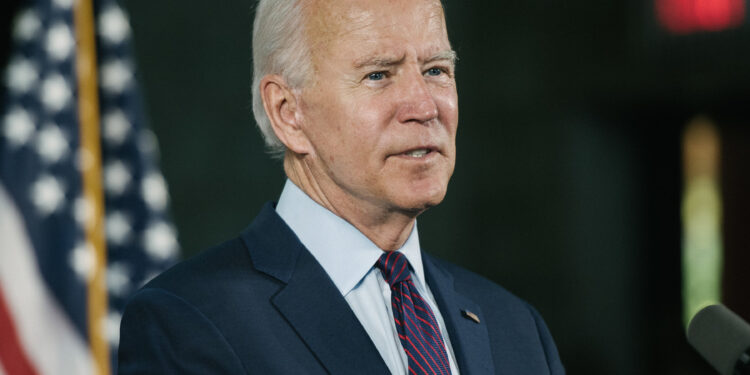In any organization, the vice president (VP) is critical to the business’s success. The vp oversees various departments, manages budgets, and makes strategic decisions that impact the organization’s goals. This article will explore the responsibilities and critical skills required to excel as a vice president.
Strategic Planning and Decision-Making
One of the most critical responsibilities of a vice president is to make strategic decisions that align with the organization’s goals. The VP must analyze data, assess risks, and identify growth opportunities. They must also be able to develop and implement plans that achieve the organization’s objectives.
To excel in this role, the VP must possess strong analytical skills and be able to think critically. They must be able to assess complex information and make decisions that are in the organization’s best interest. Additionally, the VP must be able to communicate their findings effectively to the executive team, stakeholders, and employees.
Team Management and Leadership
Another essential responsibility of a vice president is to manage and lead their teams effectively. The VP must be able to inspire and motivate their teams to achieve the organization’s goals. They must also be able to delegate tasks, set goals, and provide constructive feedback.
To succeed in this role, the VP must possess strong leadership skills. They must communicate effectively, build trust with their teams, and lead by example. Additionally, the VP must foster a positive work environment that promotes collaboration, creativity, and innovation.
Financial Management and Budgeting
The VP is also responsible for managing the organization’s finances and budgets. They must allocate resources effectively and make decisions that optimize the organization’s financial performance. The VP must also be able to analyze financial data, identify areas for improvement, and develop strategies to mitigate financial risks.
The VP must possess strong financial management skills to excel in this role. They must understand financial statements, manage budgets effectively, and make sound financial decisions. Additionally, the VP must be able to communicate financial information to stakeholders clearly and concisely.
Relationship Building and Networking
Finally, the VP must build strong relationships with stakeholders, including clients, vendors, and industry partners. The VP must network effectively and identify opportunities for partnerships and collaborations. They must also be able to represent the organization professionally and positively.
The VP must possess strong communication and interpersonal skills to succeed in this role. They must build trust with stakeholders and develop mutual respect and understanding relationships. Additionally, the VP must be able to negotiate effectively and resolve potential conflicts.
conclusion
The role of a vice president is critical in any organization. The VP makes strategic decisions, manages teams, oversees finances, and builds stakeholder relationships. To excel in this role, the VP must possess strong analytical, leadership, financial management, and interpersonal skills. They must communicate effectively, make sound decisions, and inspire and motivate their teams. With these skills, the VP can help the organization achieve its goals and succeed in a competitive business environment.
Also, Read: CVS: Crafting a Winning Curriculum Vitae











Discussion about this post